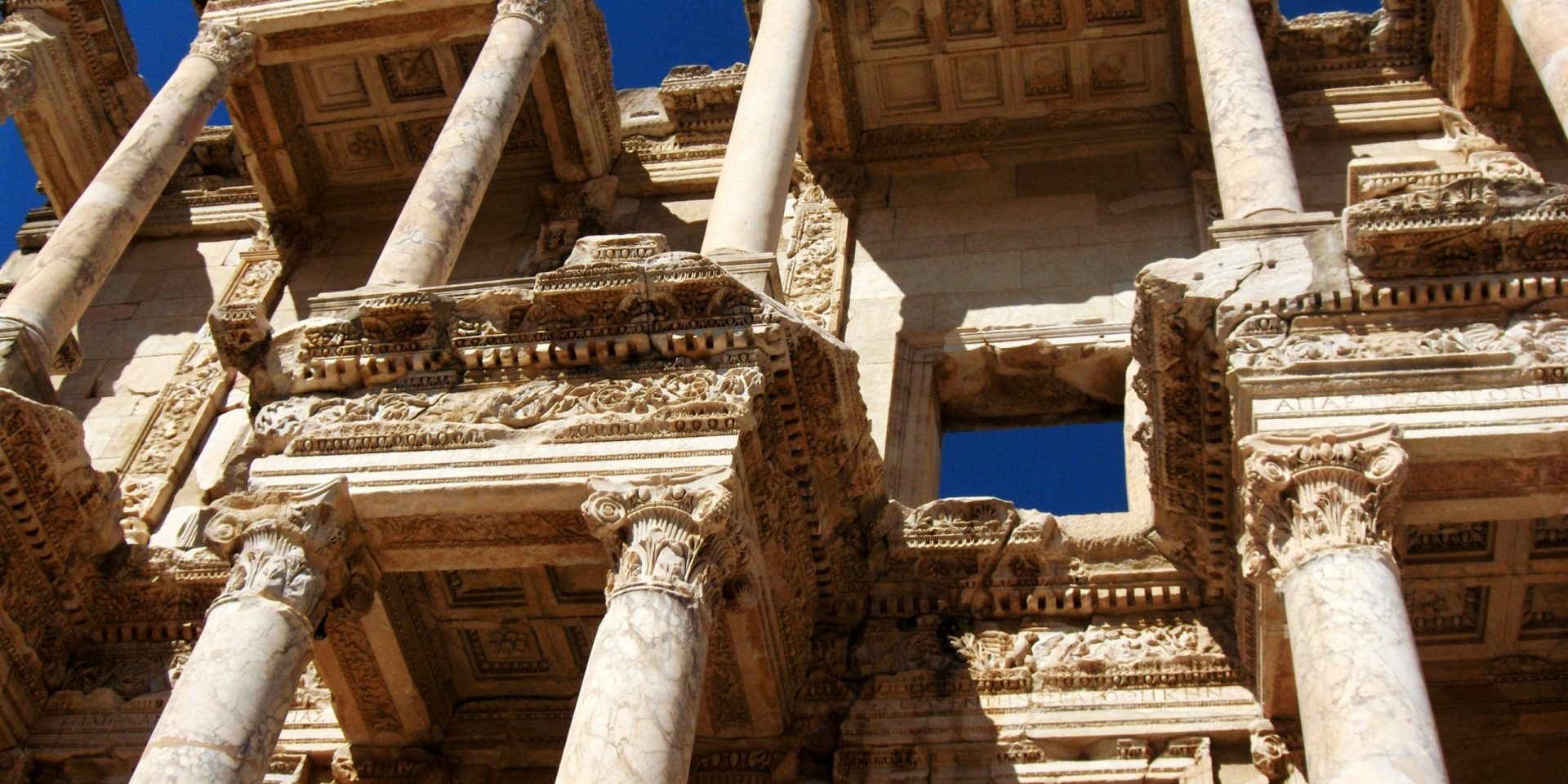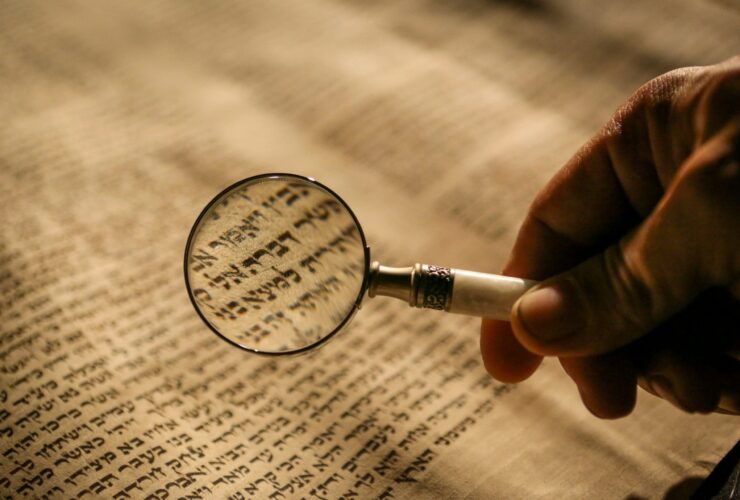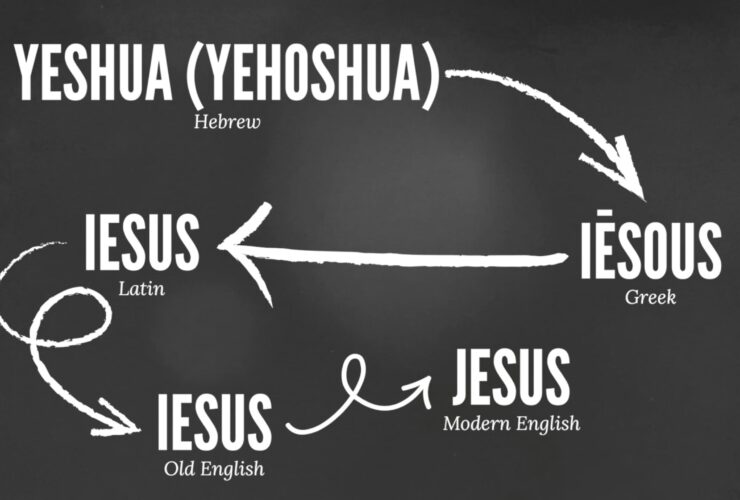The Roman city of Ephesus appears many times on the pages of the New Testament of the Bible, and in different ways. Ephesus was visited twice by the Apostle Paul, who for his second visit stayed for the unusually long period of two and a half years (Acts 19). From Ephesus, Paul wrote Philippians, Philemon, First and Second Corinthians, and possibly Galatians and Colossians. John, the author of Revelation, possibly wrote this work at Ephesus, as well. The book of Ephesians was addressed directly to Christians living in Ephesus, First and Second Timothy were written to Timothy whom Paul had left as a teacher in Ephesus, and Ephesus is one of the seven churches spoken to in the beginning of Revelation.
After the time of the apostles, Ephesus continued to be important in the early church, it’s believed that here the gospels may have first been grouped together in a bundle for convenient circulation. There is an early Christian tradition that claims the apostle John and Mary the mother of Jesus chose Ephesus as their last earthly home.
“For a wide door for effective work has opened to me, and there are many adversaries.”
1 Corinthians 16:9
When looking at the history of Ephesus, it makes sense that Paul chose to spend a significant amount of time there. In fact, in 1 Corinthians 16:9 he claims that a wide door for ministry had been opened for him there. Ephesus was the capital city of Roman province of Asia Minor, and as such was the residence of a Roman governor, and the subject of imperial building and upkeep. It was a major port city that controlled sea and land trade and travel routes, and therefore had a constant stream of travellers and merchants. This was enhanced by its famous Temple to the goddess Artemis/Diana, one of the seven wonders of the ancient world. Not only would this temple have attracted many religious pilgrims, but the commercial industry around it also at least once caused a major riot due to Christianity’s disrupting influence (Acts 19). Ephesus was also a centre for Emperor worship and hosted its own Olympic games. Intellectually, Ephesus attracted scholars and philosophers, it had a reputation for scholarship that would culminate after Paul’s time in the famous two-story Library of Celsus. Ephesus was in a strategic location that facilitated Christian missions, there was a constant multicultural flow of people, religious pilgrims, and scholars and philosophers to evangelize, it’s no wonder that Paul stayed to work in Ephesus and then left his trusted friend Timothy to continue the work.
Today, the city of Ephesus is one of the most archaeologically excavated and preserved sites in of the Roman world largely because it was abandoned in history; it’s ancient ruins are not covered with a modern city. In the third century (262 AD), the city suffered major damage from an earthquake that was not sufficiently repaired until the late fourth century by Christian Emperor Theodosius I (379-395 AD). He used the old ruins to repair the city and also to build new churches. The city lasted until it was ravaged by a fire in the early seventh century leaving it largely abandoned. When its harbor finally silted up in the ninth century, it was abandoned wholesale. Leaving it a place of Christian pilgrimage.

Corie Bobechko is a daily co-host, speaker, and writer of Bible Discovery. She also hosts a YouTube channel that shows how history and archaeology prove the Bible. Her heart for seekers and skeptics has led her to seek truth and share it with others. Corie also has a Bachelor of Theology from Canada Christian College.
• Cole, Dan P. “Corinth & Ephesus,” Bible Review 4.6 (1988): 20–30
https://www.baslibrary.org/bible-review/4/6/6
• Scherrer, Peter. “Ephesus Uncovered,” Archaeology Odyssey 4.2 (2001): 27–34, 36–37.
https://www.baslibrary.org/archaeology-odyssey/4/2/13
• Friesen, Steven. “Ephesus: Key to a Vision in Revelation,” Biblical Archaeology Review 19.3 (1993): 24–27, 31–34, 36–37.
https://www.baslibrary.org/biblical-archaeology-review/19/3/5
• Edwards, James R. “Archaeology Gives New Reality to Paul’s Ephesus Riot,” Biblical Archaeology Review 42.4 (2016): 24–32, 62.
https://www.baslibrary.org/biblical-archaeology-review/42/4/2






